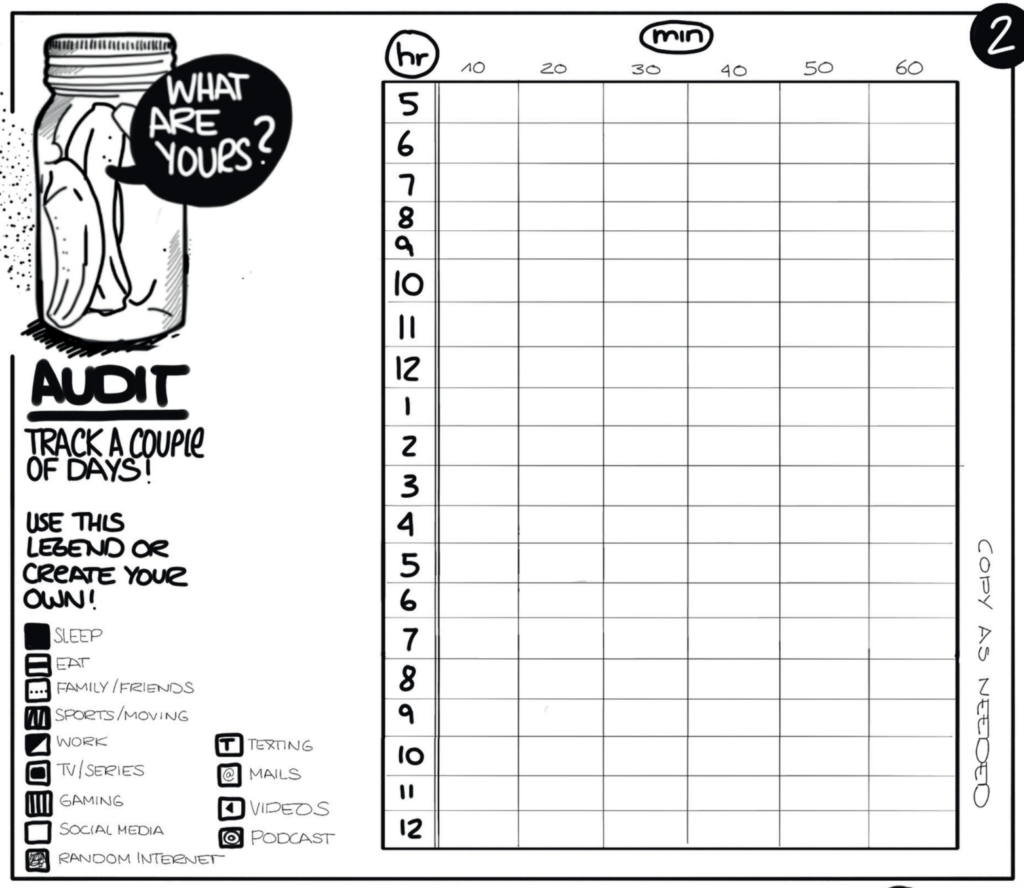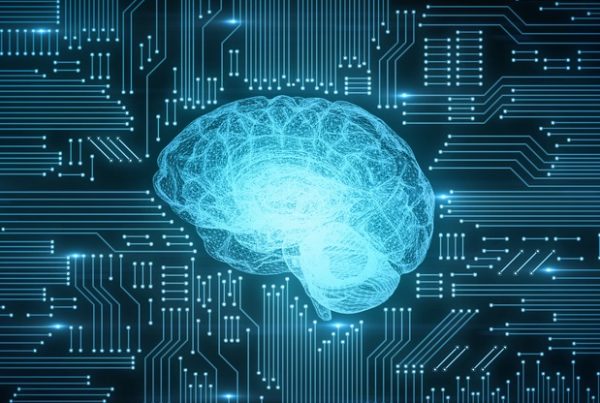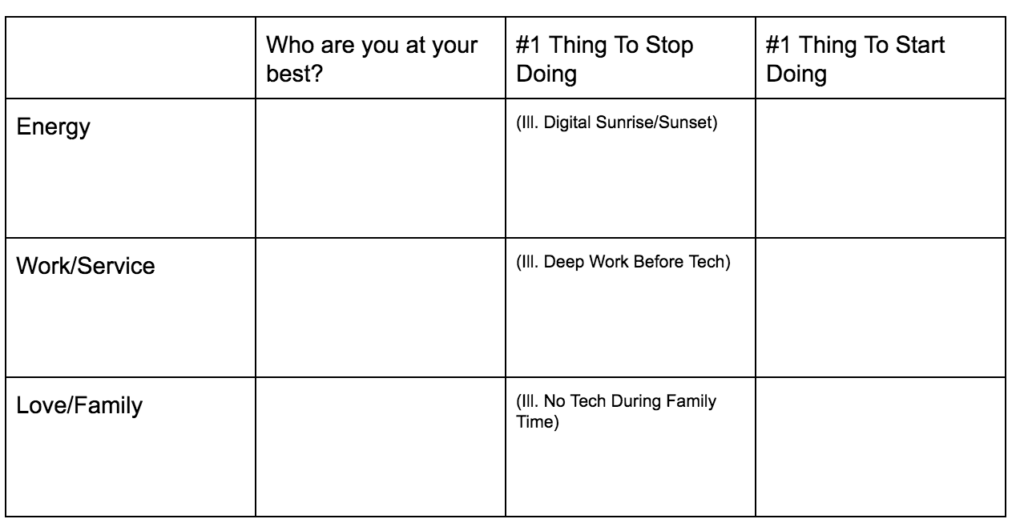
90% of How you do something is also Why you do something! This statement represents the blend of Willpower and Habits. This begs the question; “what do I aspire to accomplish or who do I aspire to become. Your response to this question is boiled down into the opening statement, 90% of how we do something is also why we do something.
In order to reach our fullest potential and to break bad habits we need to engage our A-I – Artificial Intelligence. Therefore we need to establish some algorithms that assist in the enforcement of sculpting the newest version of ourselves. This is accomplished by setting some “IF” – “THEN” algorithms. For example; “IF it is 5:00pm all electronic devices are shut off – THEN we can have true family time. IF it 5:00am I will engage devotions and meditations -THEN I will turn on electronic devices. IF I have been involved in 90 minutes of DEEP work – THEN I will get up and disconnect from electronic devices while stretching and walking.
On a separate piece of paper write your algorithms that will create your disciplines of the person that you desire to become. STOP aimlessly wandering and establish meaningful purpose. Reach your fullest potential by getting rid of the bad habits and establish new habits that lead you to the best version of yourself.
Over the past 8 weeks we have attempted to draw attention to the impact of electronic devices in our lives. There is so much that we are learning on a daily basis regarding the impact of our digital world. The outcomes are still unknown. What is known is our responsibility in this new digital world. We have the power to limit our exposure to digital technology. The way we communicate and interact with one another is radically different than just 10 years ago. On the current trajectory there will be problems socially and relationally.
To sculpt or being hacked is the question – only you can answer this for yourself! What algorithms will you activate to change the habits of your life?










